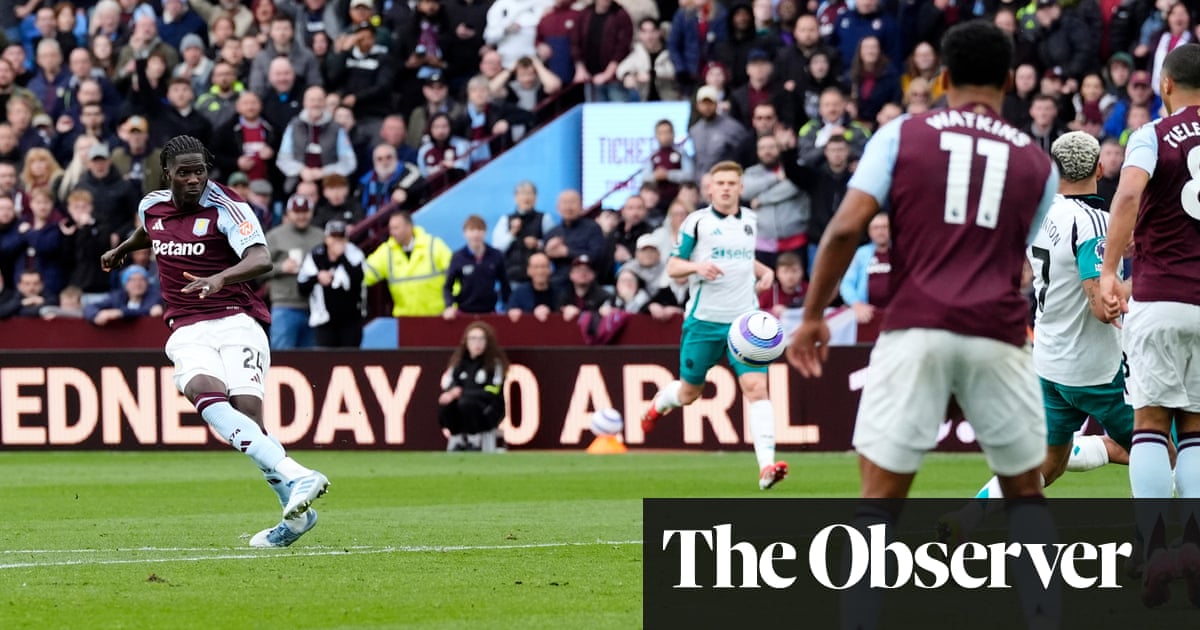Russia and Ukraine have carried out a major prisoner exchange, with at least 150 people from each side returning home before New Year’s Eve, in a swap partly brokered by the United Arab Emirates.
“The return of our people from Russian captivity is always very good news for each of us. And today is one of such days: our team managed to bring 189 Ukrainians home,” the Ukrainian president, Volodymyr Zelenskyy, said in a message posted on Telegram on Monday.
The Russian defence ministry said 150 prisoners from each side had returned home, and there was no immediate explanation for the difference in numbers.
Ukraine’s coordinating centre on exchanges said those returning to Ukraine included 87 soldiers from the army, 43 from the national guard, 33 border guards, 24 from the navy and two civilians. It said 14 officers were among the group.
The centre said those Ukraine sent back to Russia were prisoners captured during Ukraine’s offensive in the Kursk region, which began in late summer and resulted in Kyiv occupying a small chunk of Russian territory.
Among the stated goals of the Kursk operation were having a bargaining chip to play at potential future negotiations, and seizing prisoners to trade for Ukrainians held by Russia.
Some of those who Russia returned on Monday had been held since the early months of the war, which began when Russia invaded in February 2022.

The exchange, the 11th this year, brought the total number of Ukrainian prisoners returned by Russia this year to 1,358, the coordination centre said, but added there were many more remaining in Russia. “We are working to free everyone from Russian captivity. This is our goal. We do not forget anyone,” Zelenskyy said.
Returning prisoners have told the Guardian of physical and psychological brutality while in captivity, including repeated beatings, humiliating strip-searches, threatening interrogations and orders to sing the Russian national anthem or recite Russian poetry.
Maria Klymyk, of the Media Initiative for Human Rights in Kyiv, whose organisation has conducted interviews with more than 100 returning prisoners, said many came home with injuries caused by malnourishment, neglect or abuse and some even needed amputations. “Almost everyone we have spoken to was tortured,” she said last year.
Zelenskyy shared photographs of some of those exchanged on Monday, who were sitting on a coach and holding up Ukrainian flags.
Russia’s human rights commissioner, Tatyana Moskalkova, published video of Russian soldiers gathered outside buses. “Very soon our guys will embrace their relatives and friends and celebrate the new year in their native land,” she wrote in a Telegram message accompanying the video.

The exchange is a rare piece of good news for Ukraine as the country heads towards New Year’s Eve, when traditionally families gather together in one of the biggest holidays of the year in Ukraine and Russia.
Kyiv is warily awaiting the return of Donald Trump to the White House, and to see what his stated goal to bring a quick peace to the conflict will look like in practice.
Some hope Trump’s special envoy for Ukraine and Russia, Keith Kellogg, may soon realise that Vladimir Putin has little interest in a deal and push for further military backing for Ukraine. Others fear Trump, given his longstanding admiration for the Russian president, may throw Ukraine under the bus.
On Monday, Joe Biden’s administration announced nearly $6bn (£4.8bn) in military and budget aid for Ukraine, part of a rush to increase assistance before Trump takes over as president.
“Today, I am proud to announce nearly $2.5bn in security assistance for Ukraine, as the Ukrainian people continue to defend their independence and freedom from Russian aggression,” Biden said in a statement. The package will allow the Pentagon to take weapons from US stocks and send them quickly to Ukraine.
At the same time, the US Treasury announced $3.4bn in direct budgetary support for Ukraine.

.png) 3 months ago
26
3 months ago
26













































